The last time I discussed the latest events taking place in humanity’s exploration of space, see my post of 31 August 2024, NASA had made the decision that the Boeing Starliner capsule would be brought back to Earth from the International Space Station (ISS) unmanned and that Starliner’s crew of Suni Williams and Butch Wilmore would remain aboard the ISS until February when they would return aboard Space X’s crew 9 capsule.
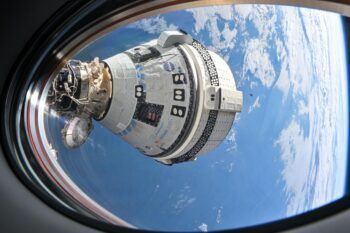
The empty Starliner capsule succeeded in landing on the 7th of September in New Mexico marking the first time that a man-capable US space capsule has ever landed on solid land rather than in the water. The voyage home from the ISS also marked the first issue-free space operation that Starliner has ever completed. Even though the Starliner astronauts Williams and Wilmore would have been safe in returning on Starliner NASA is convinced that they made the safe choice given all of the problems the Boeing space craft had seen during its mission.
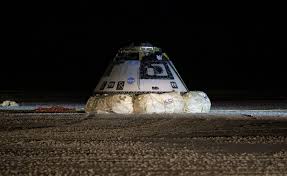
The second part of NASA’s rescue plan followed shortly thereafter when on the 27th of September a Space X Dragon capsule was launched into orbit. This mission, designated as Crew 9 was originally intended to carry four astronauts to the ISS for a regular six-month tour of duty. Now that the mission had been changed to include the rescue of the Starliner crew however only two astronauts, NASA’s Nick Hague along with Russia’s Alexander Gorbunov rode the Falcon 9 rocket into space.
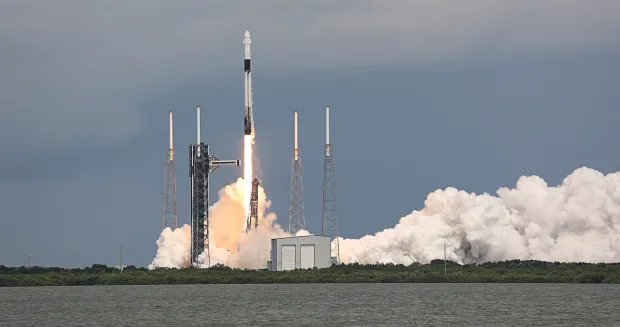
Once Crew 9 successfully reached the ISS the Crew 8 astronauts, who were originally scheduled to return to Earth back in August, were relieved and could return home. However, the weather around Florida has been so terrible, two hurricanes along with just a lot of more normal bad weather, that Crew 8 were unable to return to Earth until the early morning hours of the 25th of October, adding an extra two months to the crew’s planned six month tour aboard the ISS.

All told the problems caused by Starliner’s malfunctions have caused Williams and Wilmore to spend eight months in orbit instead of their planned one week. The Crew 8 astronauts spent an two extra months aboard the ISS while the two astronauts originally assigned to the Crew 9 mission will have to wait for another mission before they get to go to the ISS. The fact that NASA has handled all of these mix-ups and schedule rearrangements so well is a tribute to the space agency’s expertise and the way that travel to and from Low Earth Orbit (LOE) has become routine.
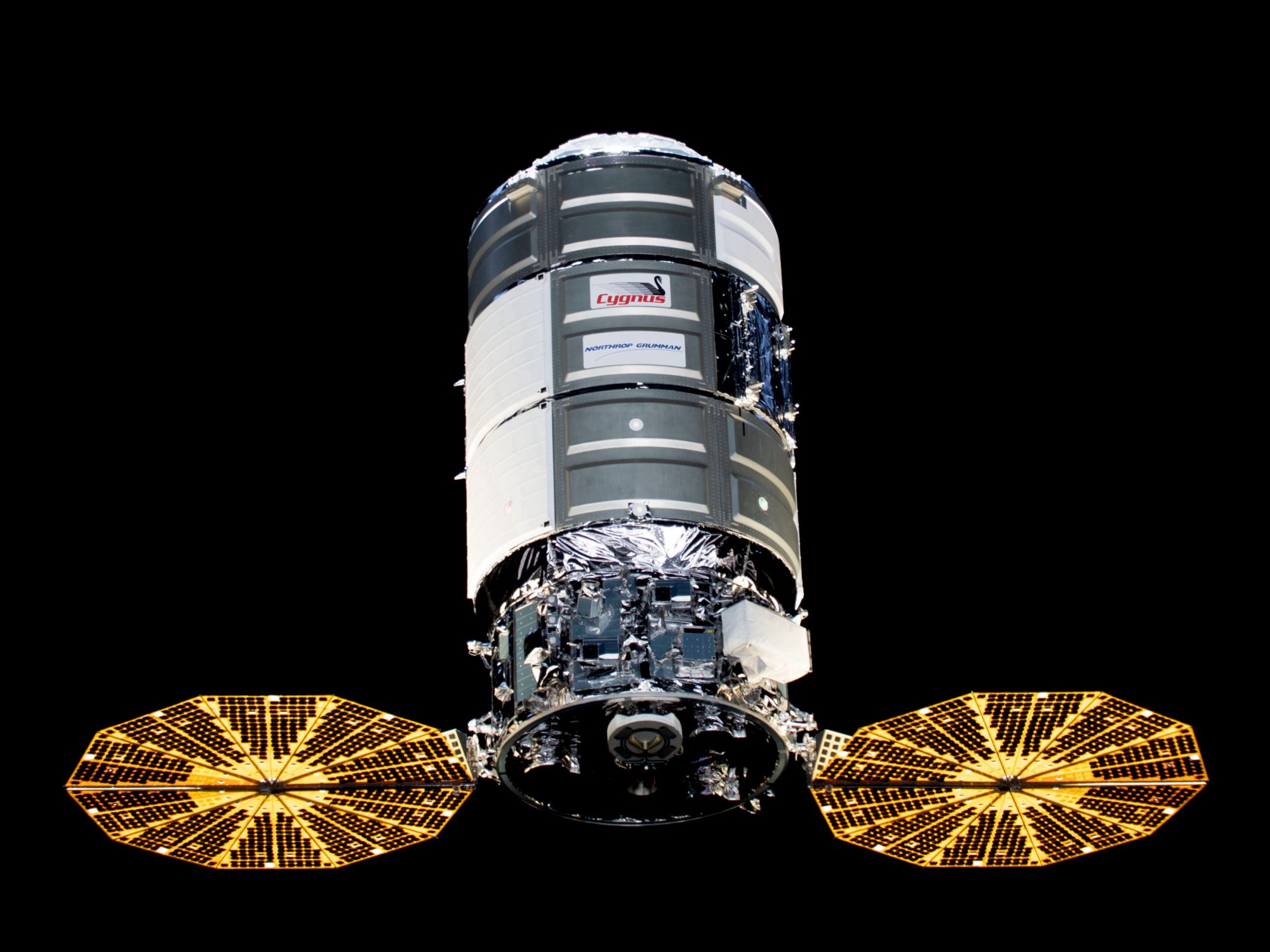
Because of Starliner’s problems NASA has also decided that the Boeing spacecraft will not be used for either of the scheduled ISS crew missions in 2025. Space X’s Dragon will now conduct both the Crew 10 mission in February of 2025 and the Crew 11 mission in July. NASA is still in the process of studying Starliner’s performance and will decide if another Crew Flight Test is needed before the capsule is cleared for regular duty.
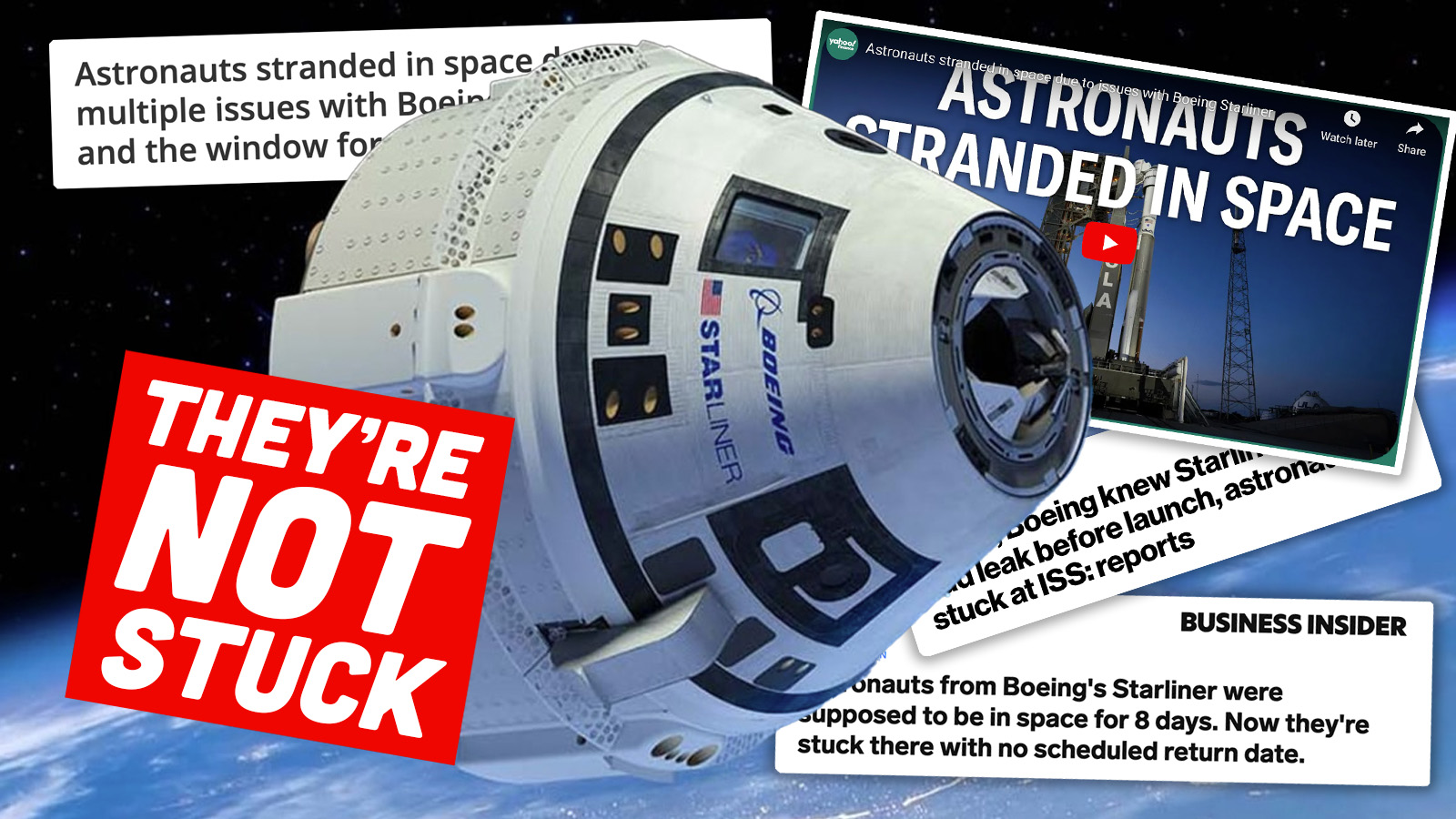
Even as the whole drama of how to bring the Starliner astronauts back to Earth was playing out Space X succeeded in completing another private space mission. The Polaris Dawn mission was funded and commanded by billionaire Jared Isaacman who also paid for Space X’s first private space mission, designated as Inspiration 4, back in September of 2021.
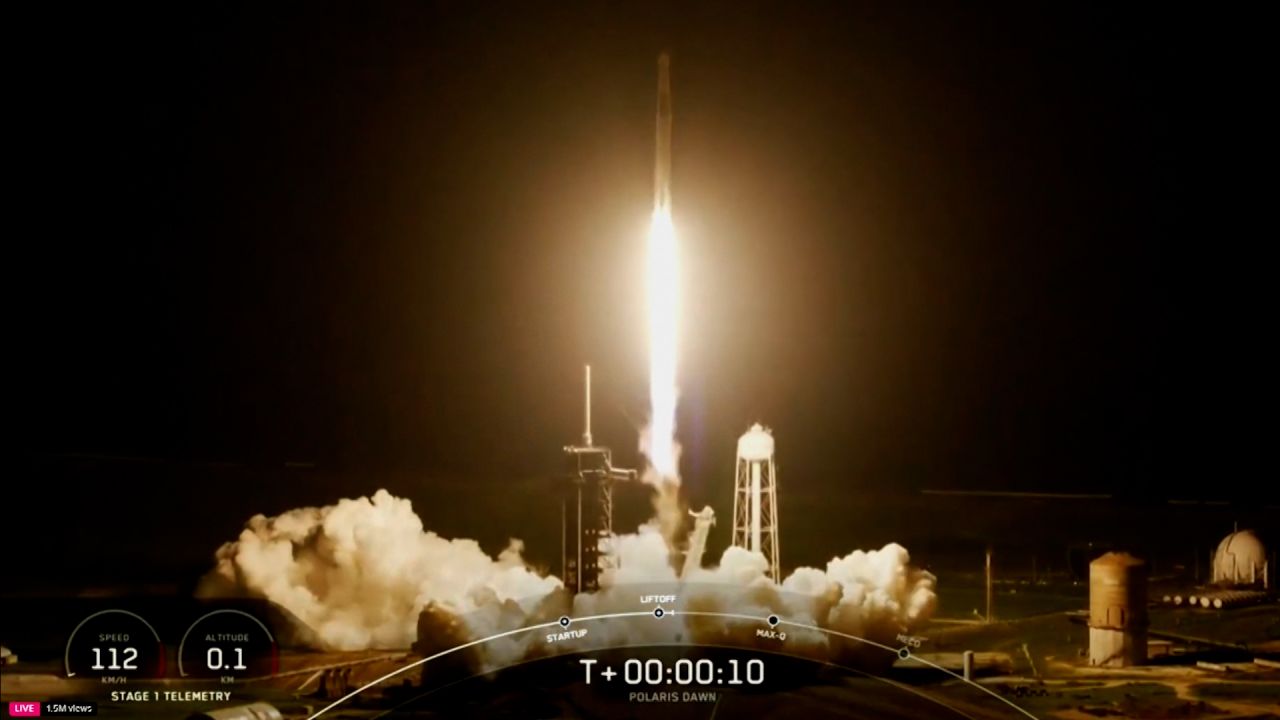
That first trip into space for Isaacman was just four days in LOE enjoying zero gravity without trying to do anything too dangerous. The Polaris Dawn mission however was more daring with the Dragon capsule reaching a higher altitude in space than any human had gone since the days of Apollo’s flights to the Moon. At the planned height of about 1,400 kilometers the Polaris Dawn astronauts were well within the Van Allen radiation belts, not a good place to stay.
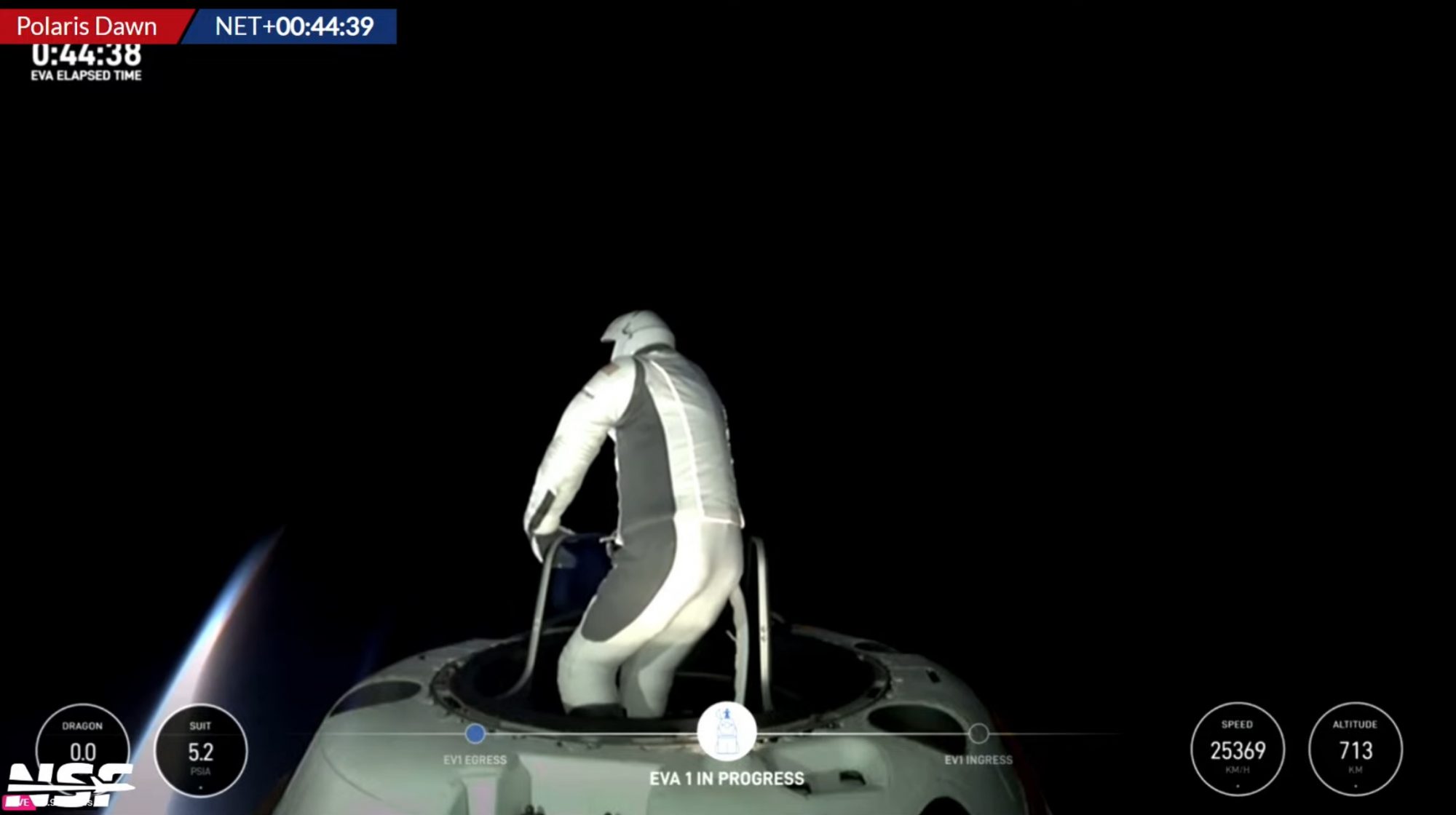
Later on in the mission Isaacman along with Space X engineer Sarah Gillis succeeded in carrying out the first ever private spacewalk when the Dragon’s crew compartment was depressurized and the docking hatch was opened while all four crewpersons were wearing their spacesuits. Once Isaacman and Gillis had taken turns stepping outside of the hatch it was closed and the cabin repressurized. With the success of this space walk Space X has gained yet another space capability, another feather in their cap.

Then, on October 13th Space X took an even bigger step forward with the fifth test launch of their huge Starship launch system, the largest, most powerful rocket ever built. With each test flight the 122 meter tall Starship has made significant progress. In the forth test flight for example the booster stage succeeded in coming down at the exact intended place off the coast of Texas, although no attempt was made to recover it. Meanwhile for the first time the second stage reached orbital velocity although it then broke up upon trying to reenter the atmosphere.
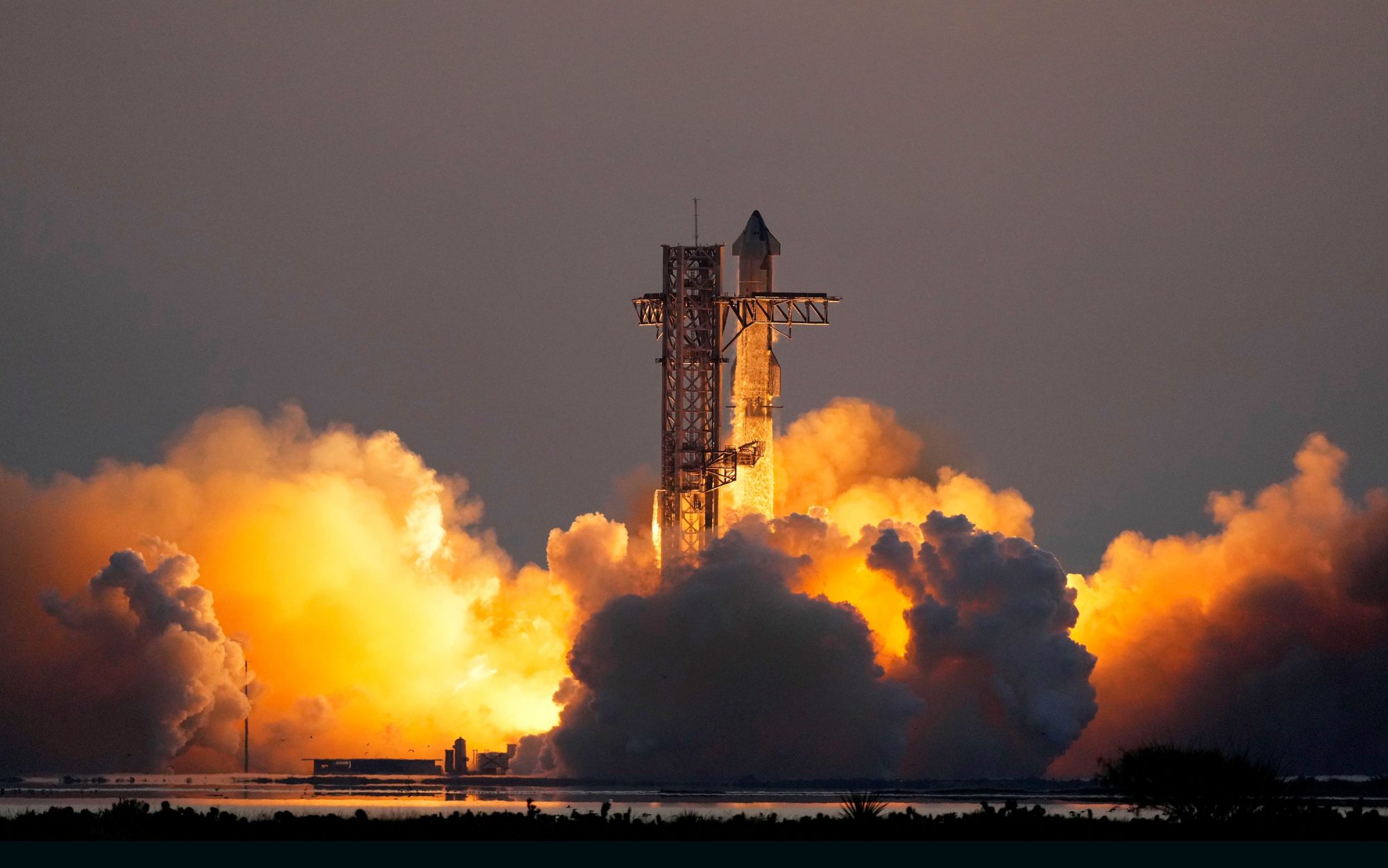
For the fifth test the plans were even more ambitious with an attempt to catch the first stage booster in a pair of mechanical arms that have been christened ‘chopsticks’. For the second stage an attempt at a controlled reentry was made at a designated point in the Indian Ocean, although again no attempt was made to recover the second stage this time. The sight of the massive booster stage returning to its launch pad, stabilizing itself in space and then being grabbed by those chopsticks was something I’d never expected to see and certainly ushers in a new era of space flight. Think about it, if a rocket that large can be reused the possibility now exists of launching huge amounts of equipment into LOE where it can be used to build large space stations and spaceships for going to the Moon or beyond. The next test flight for Starship is already being prepared and this time Space X will attempt to recover both stages.
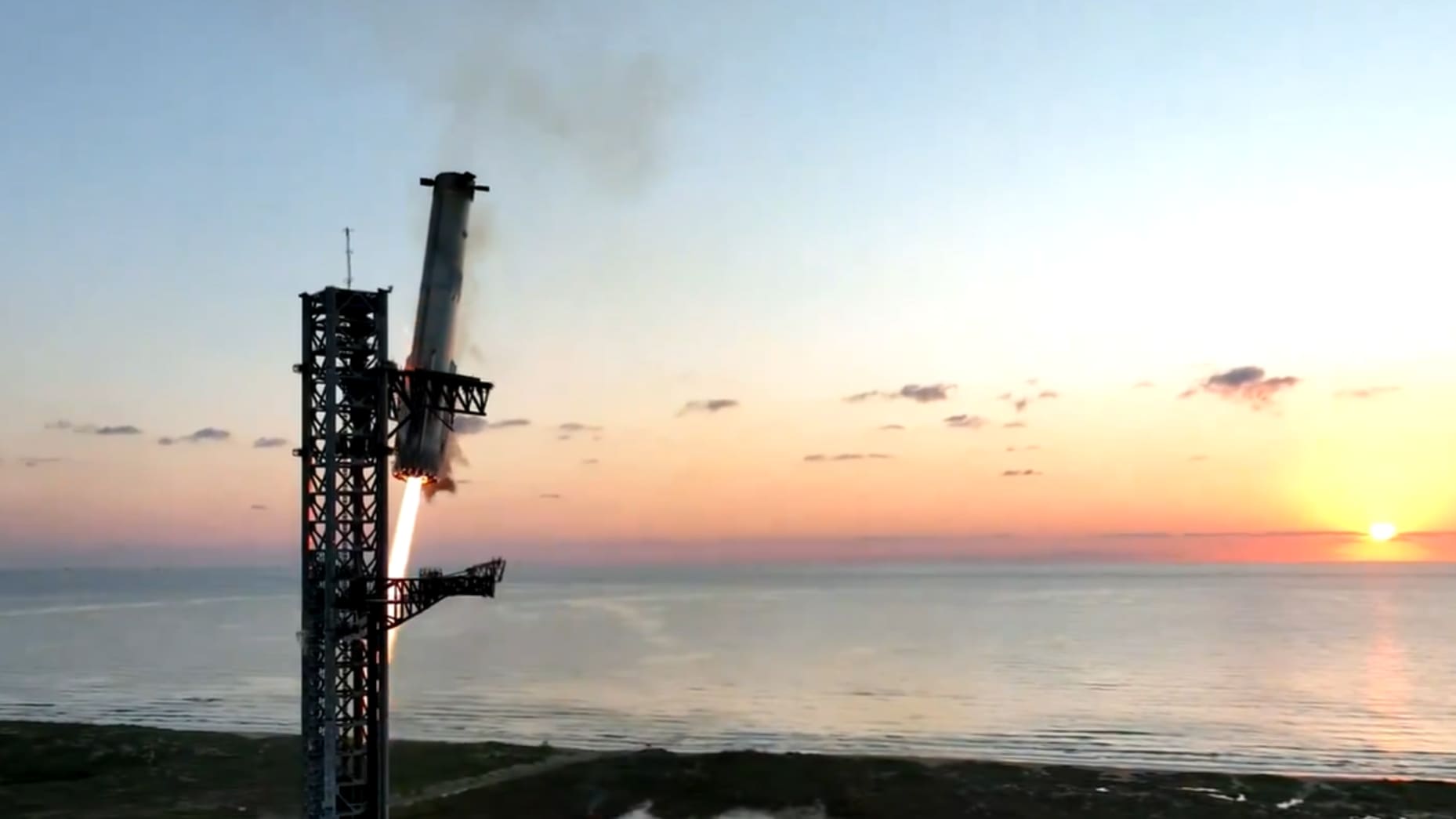
I guess that’s all we have time for in this post, not that there hasn’t been a lot of other space news. Several robotic probes have been in the news as well but their stories will have to wait for my next post. So stay tuned.
